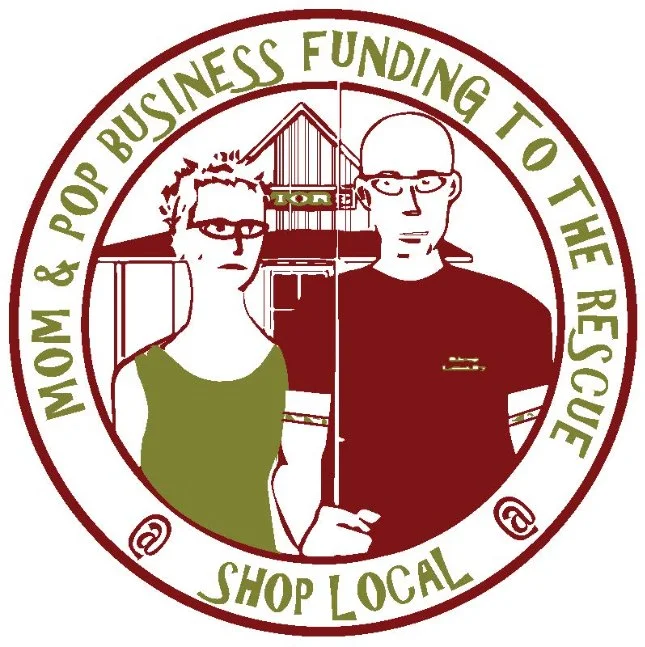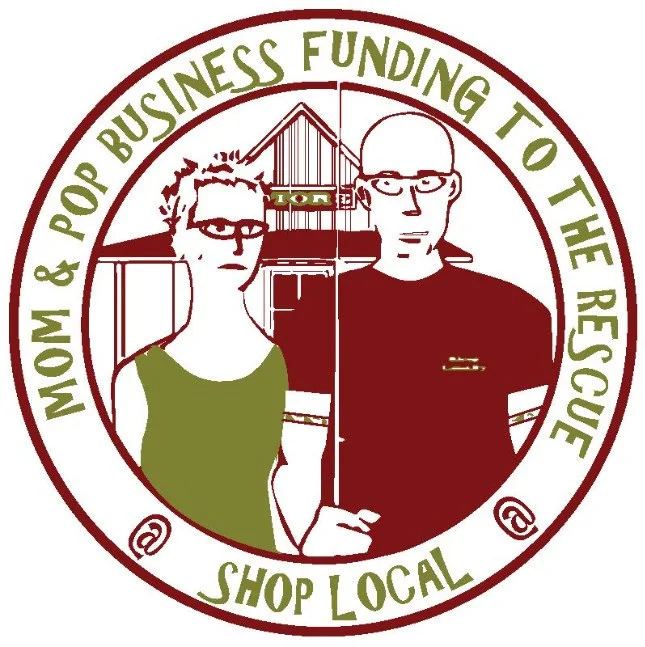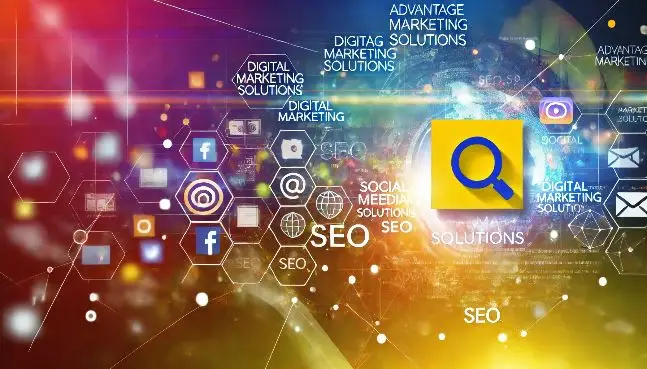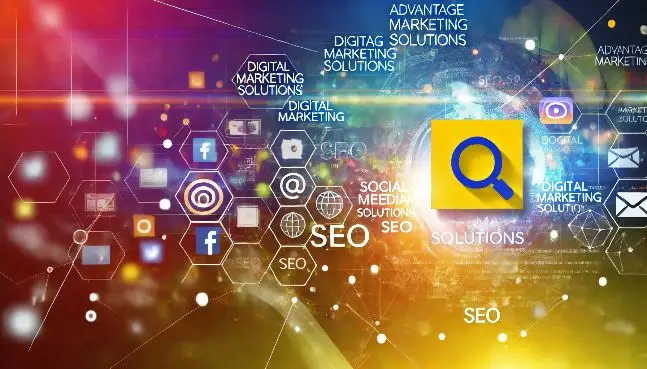
Setting Business Goals: A Key to Long-Term Success

In today’s competitive business world, setting clear and actionable goals is essential for any entrepreneur looking to succeed. Goals provide direction, motivation, and a framework for decision-making. Whether you’re launching a startup or scaling an existing business, setting well-defined goals can make the difference between thriving and merely surviving.
Why Setting Business Goals is Crucial
Establishing Clear Focus
Setting business goals gives you a roadmap for where you want your company to go. Without clear goals, you risk wasting time and resources on tasks that don't contribute to your overall vision. Goals allow you to focus on what matters most and guide your actions toward long-term success.
Measuring Progress
When you establish specific goals, it becomes easier to measure progress over time. Setting short-term and long-term goals gives you a clear indicator of your business's performance and helps identify areas where adjustments are needed.
Types of Business Goals
1. Short-Term Goals
Short-term goals are objectives you aim to achieve within a shorter time frame, typically within a year. These are crucial in keeping your business agile and responsive to changes. Examples of short-term business goals include:
- Increasing monthly sales by 10% in the next quarter
- Launching a new product or service within six months
- Improving customer retention by 15% in the next three months
2. Long-Term Goals
Long-term goals focus on the bigger picture and often span several years. These are essential for driving the growth and vision of the company. Examples of long-term business goals include:
- Expanding into new markets over the next five years
- Achieving $1 million in annual revenue within three years
- Becoming an industry leader by developing innovative products
Setting SMART Goals
What Are SMART Goals?
SMART goals are Specific, Measurable, Achievable, Relevant, and Time-bound. This framework ensures that your goals are clear and reachable, with a well-defined deadline for each objective.
Example of a SMART Goal
Instead of setting a vague goal like “increase sales,” a SMART goal would be:
- Increase sales by 15% within the next six months by launching targeted marketing campaigns and expanding into new customer segments.
This goal is specific (increase sales by 15%), measurable (tracked over six months), achievable (with targeted campaigns), relevant (aligned with business growth), and time-bound (within six months).
Overcoming Challenges in Goal Setting
Adapting to Change
One of the key challenges in goal setting is adapting to changes in the business environment. Market trends, competition, and customer behavior can all shift quickly. To stay on track, it’s crucial to revisit and adjust your goals as needed.
Entrepreneurs can utilize strategic decision-making frameworks, like If and Switch Conditions in AI and Computer Programs: A Framework for Entrepreneurial Decision-Making, to make smarter choices in setting and adjusting business goals.
Staying Motivated
Achieving long-term goals can be difficult, and staying motivated is key to maintaining momentum. Break larger goals into smaller, actionable steps to stay on course, and celebrate small wins along the way.
Conclusion: Setting Business Goals for Success
Setting business goals is an essential part of any entrepreneur’s journey. Goals give you a clear direction, help measure progress, and keep your business on track for long-term success. Remember, setting SMART goals can provide a structured path to achieving your business objectives, whether they are short-term or long-term.
For more on how entrepreneurs face challenges and achieve success despite overwhelming odds, read The Entrepreneur's Journey: Turning Nothing Into Something Against All Odds.
Start the conversation
Become a member of Bizinp to start commenting.
Already a member?
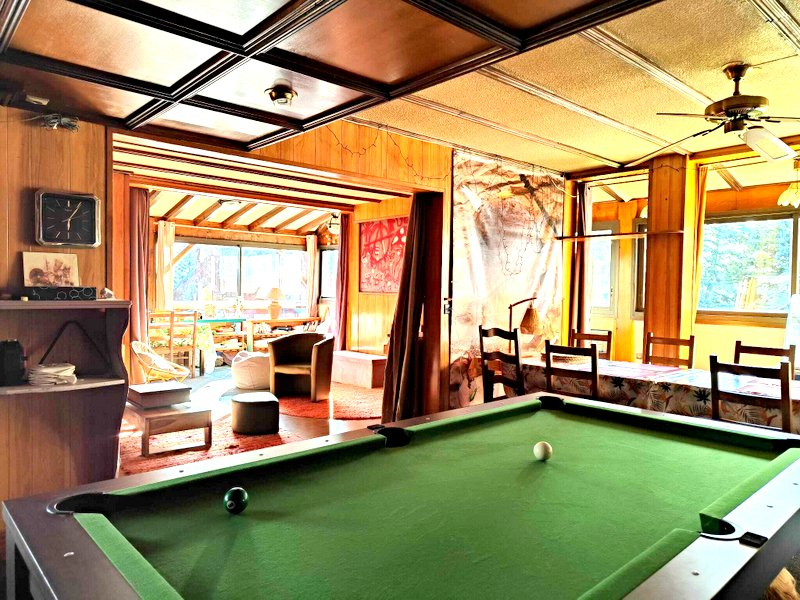
Small restaurant for sale in French Ski Resort
Great opportunity for people wishing to move to France on an entrepreneur visa. This small café/restaurant is located in the centre of one of France's most attractive ski resorts in the Pyrenees. It includes space for 40 diners, a fully-equipped professional kitchen and accommodation for the owner/manager. The very attractive price of €160,000 includes all the furniture and equipment as well as the agency fee: the business is ready to roll! More info directly from us at [email protected] There are two main seasons - Christmas through to end March (winter sports) and summer season from mid-June to the end of October (hiking, walking, nature clientele).

